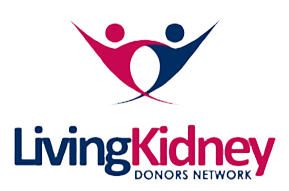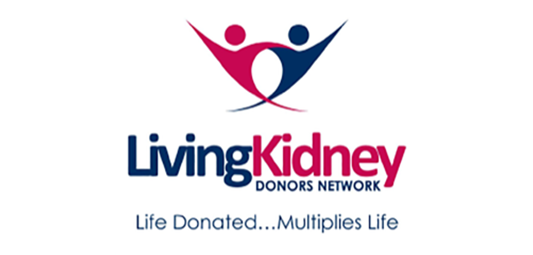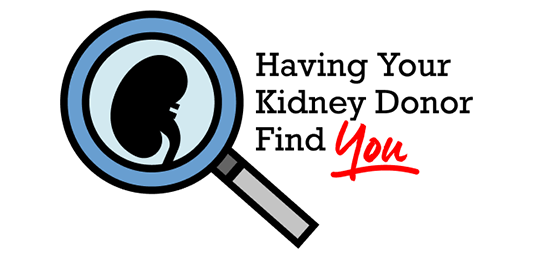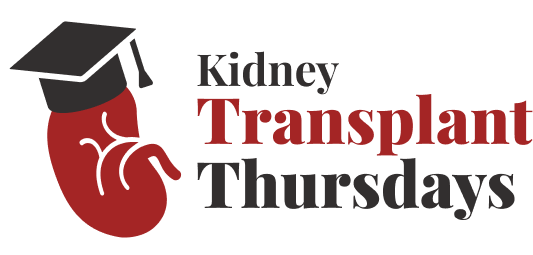Aligning Yourself with a Transplant Center and Getting on the Waiting List
Once your doctor or nephrologist tells you that your kidney function declined to the point where you qualify for the kidney transplant waiting list, usually when your kidney function or GFR is less than 20, the following provides you with a roadmap of the process:
- Learn as much as possible about the transplant centers in your area and choose the one that best meets your needs and will be covered by your insurance company. Some insurance carriers require you to receive your transplant at specific hospitals in order for the procedure to be covered. If you have Medicare as your primary insurance, it will be accepted at all transplant centers.
- Make an appointment to visit the hospital. During your visit, the hospital's transplant team will evaluate your medical history, current condition of health, and other factors to determine if you qualify for a transplant.
- If you are told that the hospital will not place you on the waiting list, review the reasons why and see if you could make lifestyle changes that will allow you to qualify. You always have the option to meet with other hospitals. There isn’t a national standard for evaluating recipient or donors. Each hospital has its own criteria. However, if one hospital doesn’t accept you or your donor, another might.
Partial list of questions to ask when visiting a transplant hospital:
Questions for you and your donor.)
- Will you be seeing the same doctors for your visits, pre and post transplant?
- How many surgeons perform kidney transplants and will you know which surgeon will be doing the surgery?
How long will you be in the hospital?
- Are there any visitor restrictions?
What are the follow up requirements and how often will you be required to go to the hospital following your transplant?- How many of transplant had the hospital and your surgeon performed? (Don’t be afraid to ask your surgeon how long they’ve been doing these procedures and their success rates. (This is information they are required to develop.)
- What is their policy on evaluating multiple donors at one a time?
- Will they counsel potential donors if they need to make some lifestyle changes to qualify to donate? (i.e. lose weight, lower blood pressure, etc.)
- Do they have a paired exchange program? If you have an incompatible donor you must read The Paired Exchange Conundrum. Click here to read the article.
- Do they do blood donor incompatible transplants, or if you are sensitized, what programs do they have to desensitize you? To read more about the matching process click here.
- Is there someone that can assist you with any financial issues you may have?
- If you are using Medicare to pay for the transplant, what kind of help can they provide to support your effort to continue your prescription drugs after 3 years?
- Who will be responsible for your follow-up medical care after your transplant has taken place, and for how long will you continue to come to the hospital for follow up?
- How, and for how long, will they follow up with your donor and what might not be covered under your insurance should the donor have any medical
- omplications?
15. What is their policy on the use of steroids during the procedure and post transplant as part of your life-long medication plan?
How will You know that You are listed on the kidney transplant waiting list?
Each hospital has its own criteria for listing patients. However, you should receive a letter from the transplant center stating that you’ve been put of the kidney transplant waiting list. If you have questions about your status on the list, you should ask the team at your transplant hospital.
© Living Kidney Donors Network | A Nonprofit 501(c)3 Organization | Contact Us



